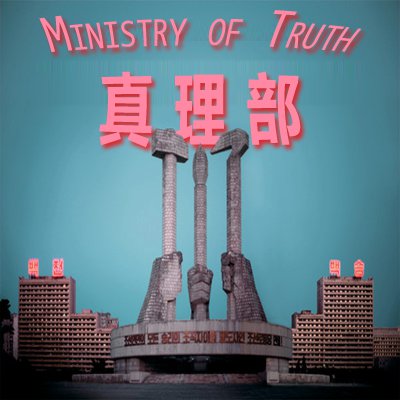The following censorship instructions, issued to the media by government authorities, have been leaked and distributed online. The name of the issuing body has been omitted to protect the source.
Regarding mass incidents involving veterans, all websites and new media must not interview, report, comment, or reprint without unified arrangements. (October 16, 2018) [Chinese]
Long-standing veteran grievances over military pensions and lack of welfare support have given rise to increasing numbers of organized protests in recent years. Reports of demonstrations in various parts of the country surface frequently. More than 1,000 veterans demonstrated outside Defence Ministry headquarters in Beijing in 2016. It was estimated that over 50 veteran-led demonstrations occurred in that year alone. In June, armed police were summoned to contain a mass demonstration staged by veterans in Zhenjiang, Jiangsu. More recently, in October Shandong authorities sealed off the city of Pingdu after thousands of People’s Liberation Army veterans gathered there to protest police beatings of ex-military petitioners. From Wong Siu-san, Lau Siu-fung, and Gao Feng at RFA:
The protests began after a group of 38 elderly petitioners from Pingdu, which is administered by the port city of Qingdao, were forcibly returned from a petitioning trip to Beijing and beaten up by the Pingdu deputy police chief, sources said.
The beatings sparked angry protests against police brutality from other PLA veterans living nearby, and a call for support from veterans from China.
A Pingdu resident surnamed Li said the veterans were still arriving in the city on Monday amid growing public anger over police beatings of elderly men.
“They are still marching on the street, near the old Hall of the People in Pingdu,” Li said. “I don’t know exactly how many there are, but there are a lot.”
[…] “The whole city is in security lockdown right now, and the government has issued an order that any veterans in the city must be reported to the authorities,” Jiang said. “Some are being escorted back home, while others are being taken on forced vacations, and some have been detained.”
“All routes into the city, the expressways, all have police checkpoints, and they are using facial recognition to ensure that no petitioners get in,” he said. [Source]
While Chinese authorities routinely suppress discussions about veterans’ issues, ongoing large-scale demonstrations prompted Beijing to set up a Ministry of Veterans Affairs in April to better manage the outpour of grievances from the country’s demobilized military personnel. The growing frequency of mass incidents involving veterans has nonetheless alarmed Chinese authorities for their ability to quickly mobilize in large numbers and across provincial borders. From The Economist:
The party need not worry that disgruntled veterans are “incipient democrats”, says Neil Diamant, author of a book about them. When they protest they don old uniforms, wave Chinese flags and are sometimes seen renewing their oaths of loyalty to the party. Their calls for a crackdown on corruption and mismanagement—often blamed for their misfortune—match the government’s own stated priorities.
Yet unrest among ex-servicemen is still alarming to the authorities. Unhappy veterans have proved quick to cross provincial borders to support comrades they think are being treated poorly. They are well organised. In 2016 thousands somehow managed to gather in Beijing outside the Central Military Commission (they pulled off a similar feat last year, just days before the annual meeting of parliament). The party worries that veterans are more likely to win sympathy from the public than other protesters, and fears solidarity between soldiers, workers and students. rfa, an American news outlet, reported that during the protest in Zhenjiang some taxi drivers ferried old soldiers around free of charge.
More than this, the party frets that veterans’ complaints will put off new recruits at a time when it is busily trying to raise their calibre. It fears that veterans’ protests will harm the morale of those serving now—especially of police or soldiers who are asked to help contain them. Nagging doubts about post-service life make it trickier for the party to pare the pla, even if today’s demobilisations are better funded than in the past and soldiers’ expectations more realistic. It has only just completed a plan, announced in 2015, to shave 300,000 people from the 2.3m-strong force. [Source]
Since directives are sometimes communicated orally to journalists and editors, who then leak them online, the wording published here may not be exact. Some instructions are issued by local authorities or to specific sectors, and may not apply universally across China. The date given may indicate when the directive was leaked, rather than when it was issued. CDT does its utmost to verify dates and wording, but also takes precautions to protect the source. See CDT’s collection of Directives from the Ministry of Truth








